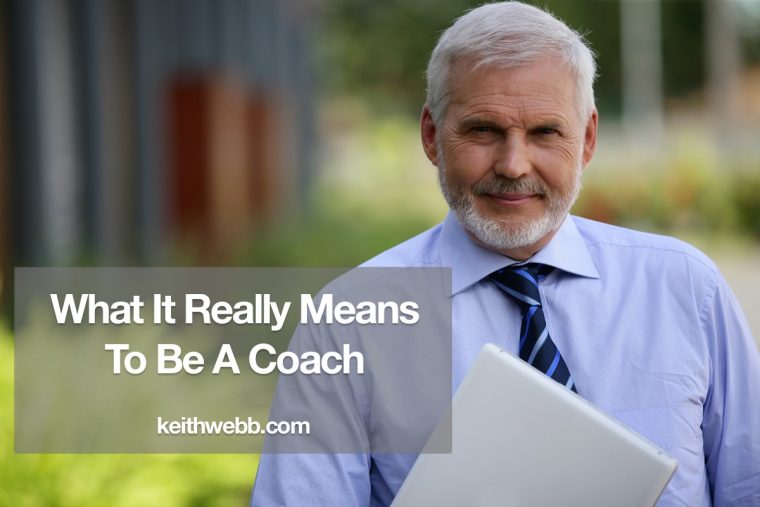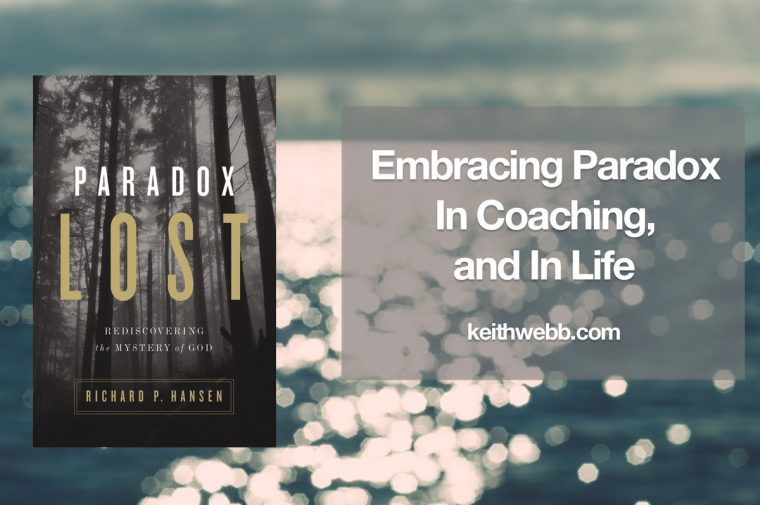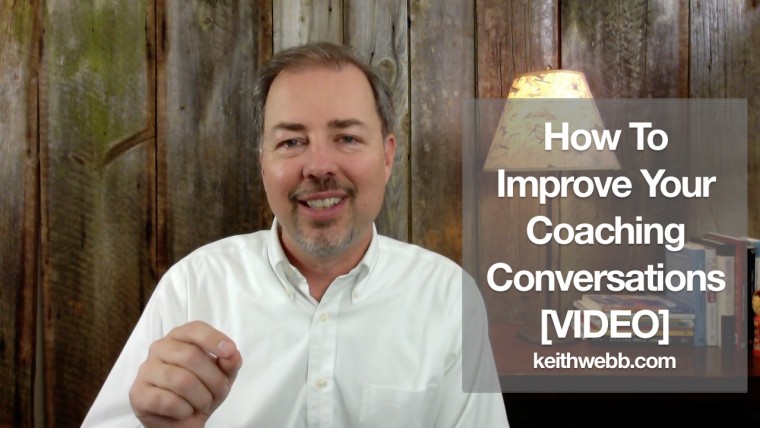Coaches with specialized training and a top-level coaching certification will be more effective coaches and more easily attract clients. The gold-standard in coach certifications are from the International Coaching Federation (ICF). While some coaches and schools can and do create their own coach certifications, the ICF, as the world’s largest coaching association, sets the bar high. I’ll share my insider knowledge of how you can become an ICF certified coach.

Coach certifications are confusing to many people. After 8 years on two ICF chapter boards of directors, including a period as President of the ICF Washington State Chapter, I’ve fielded a lot of questions about coach training programs and certifications.







